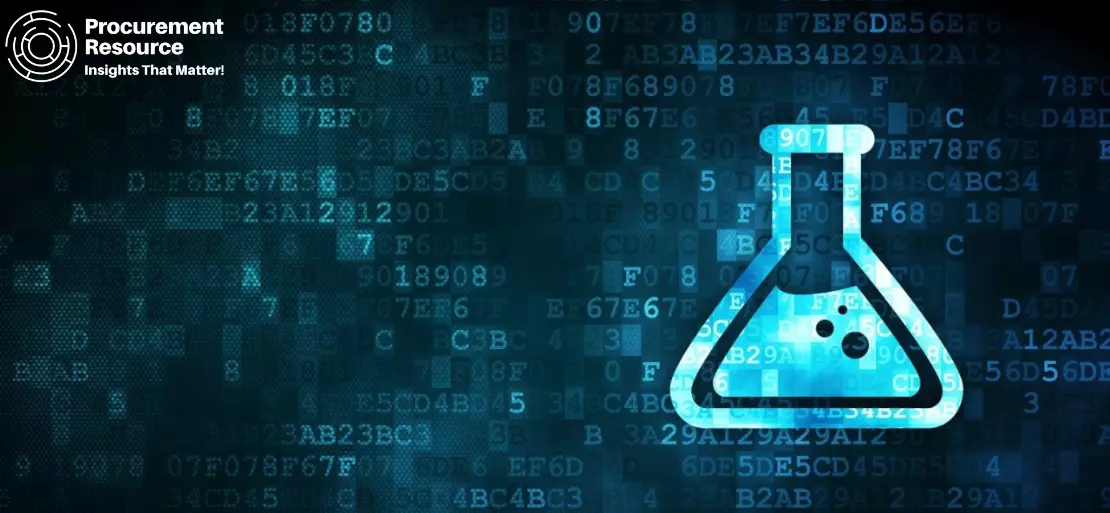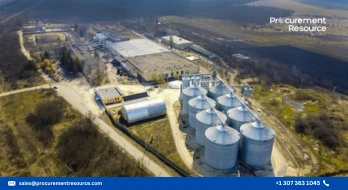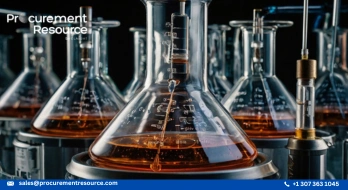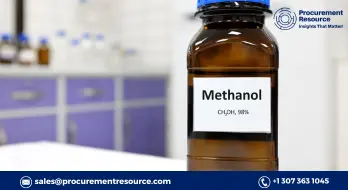Key Chemical Industry Players to Shift their Focus on Disinfectants

As COVID-19 spread across the globe in the month of February and March, it became abundantly clear to anyone who visited a grocery store that the world was facing a shortage of essential sanitary products. These products included sanitisers, disinfectants, personal protection equipment, and more.
The global and governmental organisations across the globe immediately took important measures to ease some of the strict regulatory requirements in order to speed the production and delivery to the healthcare providers, essential businesses, and the common populace.
Followed by this decision, the chemical industry stepped up its production exponentially towards key raw materials required to make sanitizers as well as the finished product itself.
One such company is Tata Chemicals, which has converted its chemical producing units at Ankleshwar and Akola to produce and supply 75,300 litres of hand sanitisers across multiple states of India. Chinese companies have also established a number of operations in order to increase the production of disinfectants.
The European sector of the chemical industry has also been up to speed with the production of hand sanitisers. BASF Corporation, for instance, has decided to shift the usage of isopropanol to make more sanitisers. Another European producer, INEOS, which produces two of the most important chemicals needed to make sanitisers, isopropyl alcohol and ethanol, has announced the estimated production of one million bottles of disinfectants a month.
DSM, a Dutch manufacturer, has produced 130,000 litres of disinfectant by following WHO guidelines and distributed the product to healthcare institutions in the Netherlands. Hungarian oil and gas company, MOL Group, meanwhile, has transformed one of its production facilities at Almásfüzito into a sanitiser production plant, with an estimated production capacity of 50,000 litres of two ethanol-based products every day.
After the COVID-19 hit the North American region, United States’ Environmental Protection Agency agreed to relax many of its regulatory requirements for the manufacturing of disinfectants in order to speed up their supply to meet the increasing demand. Among these developments, the EPA made its process of registering new pesticide and pesticide device manufacturers easier and added disinfectants that could be used against Covid-19 to the List N.
As of 20th March 2020, The Dow Chemical Company began producing hand sanitisers in its Stade plant and started deliveries from 24th March. The company also worked with officials in Michigan and West Virginia and met with officials from the US Food and Drug Administration, the Alcohol and Tobacco Tax and Trade Bureau, and the Department of Homeland Security in order to meet the regulatory requirements for increasing production. The Royal Dutch Shell Corporation has also diverted its resources to its manufacturing plants in Sarnia, Canada, in order to produce isopropyl alcohol.
As the chemical companies are increasing their supplies of disinfectants, regulators are easing up their laws to help manufacturers to fast track their production while maintaining a brief safety regulation for the upcoming new manufacturers. In the United States, under the guidelines given by Environmental Protection Agency (EPA), Food and Drug Administration (FDA), and The Federal Insecticide, Fungicide, and Rodenticide Act (FIFRA), the companies entering the disinfectant and sanitiser market must evaluate whether state law, international law, and export/import requirements, or other federal laws are applied to their product.
European Chemicals Agency’s (EPR) Biocidal Products Regulation (BPR) states that a biocidal product cannot be introduced in the market unless the product supplier or the substance is listed in Article 95 list, for which they have eased up the process and claims to process every applicant within a few days.
With global disinfectant manufacturers cooperating with their domestic manufacturers and regulators easing things up for new manufacturers, the production of disinfectants is finally meeting the estimated demand. Also, due to the pandemic situation calming down in the Asia Pacific, the industry is producing enough disinfectants to meet their domestic demand. Travel restrictions imposed by the government are, however, still creating issues in the import and export sector for disinfectants but are expected to be under control soon.



